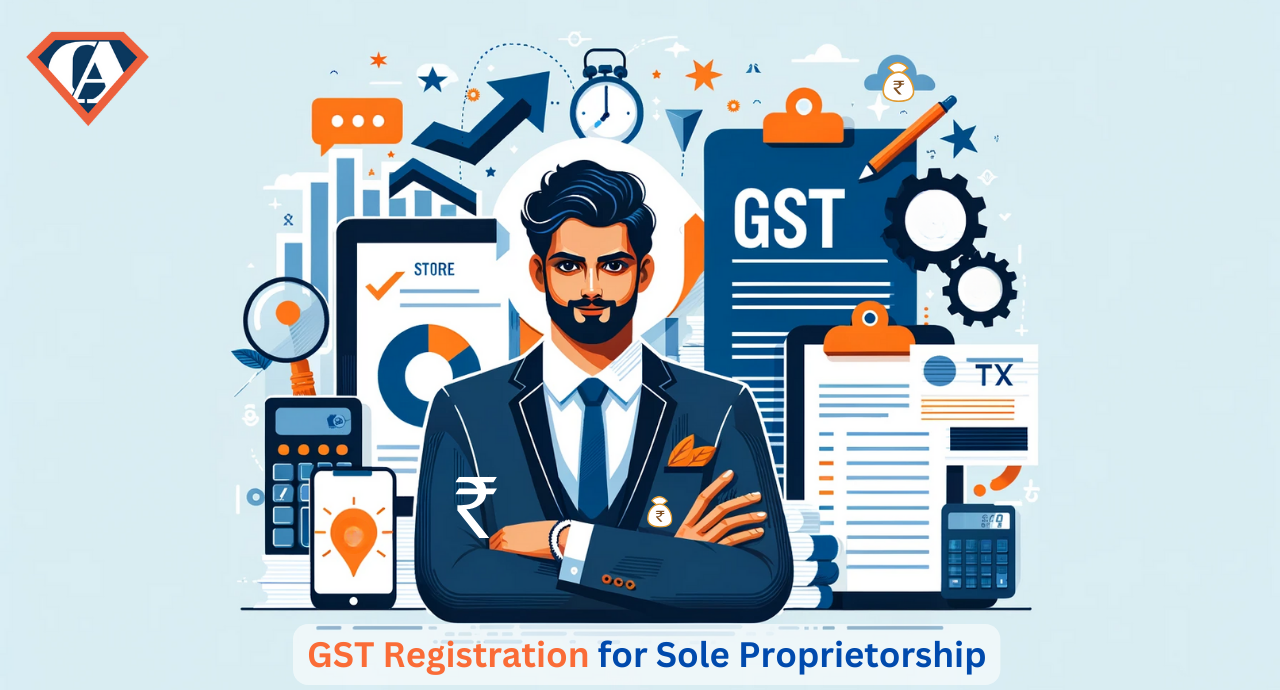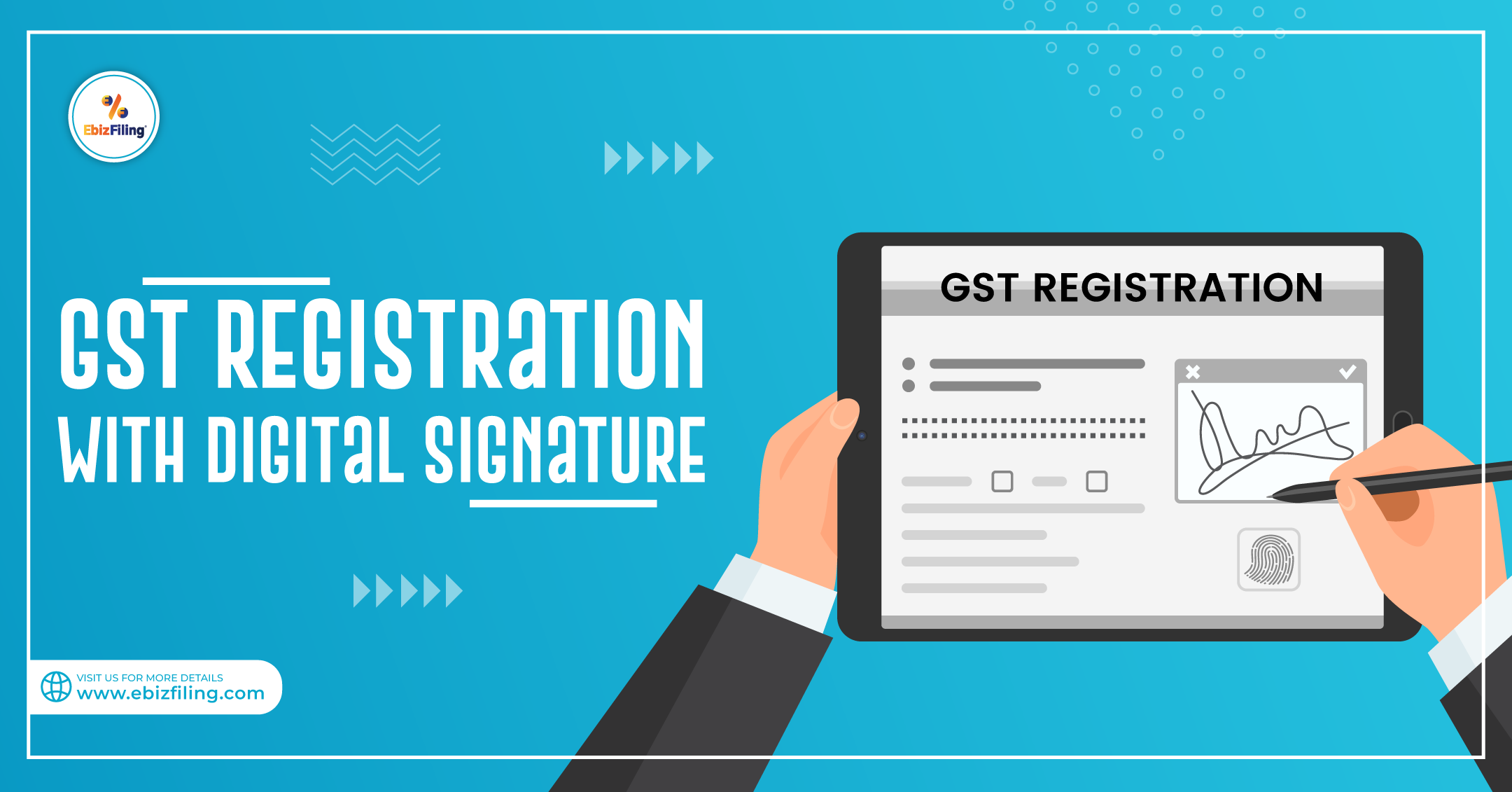Important Overview to Singapore GST Registration for New Organizations
Important Overview to Singapore GST Registration for New Organizations
Blog Article
The Ultimate Guide to Simplifying the GST Enrollment Process and Needs for Small Company Owners

Recognizing GST Essentials
To understand the fundamentals of the Goods and Services Tax (GST) system, local business owners need to first comprehend its underlying ramifications and principles. GST is a value-added tax levied on a lot of goods and services for domestic consumption. It intends to streamline the tax process by replacing multiple indirect taxes enforced by the state and central governments. Under the GST regimen, organizations are needed to collect and register tax obligation in behalf of the federal government, making sure transparency and conformity.
One of the crucial principles of GST is input tax credit report, which allows organizations to declare debt for tax obligations paid on their purchases. Understanding these basic principles is important for tiny organization owners to navigate the intricacies of the GST system and ensure compliance with the law.
Eligibility Requirements for Enrollment
Having developed a foundational understanding of GST concepts, small organization owners have to now meet certain eligibility requirements to continue with the registration procedure (Singapore GST Registration). Companies that were signed up under the previous tax regimen (VAT, solution tax, etc) are also mandated to register under GST. Agricultural companies that just provide produce out of main manufacturing are excluded from GST enrollment.
Files Required for GST Enrollment

Simplified Registration Process Actions
Complying with the collection and verification of the requisite records, the registration procedure for GST can be navigated through a collection of simplified actions created to help with efficient conformity for local business owners. The first action includes visiting the GST website and selecting the 'New Enrollment' choice. Subsequently, the candidate needs to fill in Component A of the GST REG-01 type with details such as frying pan, mobile number, and email address to obtain an OTP for verification. As soon as the OTP is gotten and gone into, a Temporary Reference Number (TRN) is generated for additional procedures. The next step calls for filling in Component B of the form with necessary organization information, publishing sustaining files, and finishing the confirmation procedure using DSC or EVC. Upon successful verification, an Application Recommendation Number (ARN) is released, indicating the completion of the GST registration procedure. By adhering to these simplified steps, local business proprietors can efficiently sign up for GST and make certain compliance with tax guidelines.
Tips for Ensuring Conformity
To keep regulatory adherence and operational stability, diligent oversight and positive procedures are pivotal in ensuring compliance with GST requirements for local business proprietors. Local business owners need to remain updated with GST laws, submitting target dates, and any kind of modifications in tax rates to stay clear additional resources of charges and preserve a look what i found good standing with tax authorities. One essential pointer for compliance is to maintain precise and comprehensive records of all purchases, consisting of invoices, invoices, and expenses associated with GST. On a regular basis reconciling monetary records with GST returns can assist in recognizing and remedying any discrepancies immediately. Additionally, performing regular interior audits or looking for expert aid can make sure that the service is following all GST guidelines correctly. It is also essential for tiny business owners to buy GST-compliant bookkeeping software that can streamline the tax declaring procedure and decrease errors. Last but not least, going to GST understanding workshops or training programs can boost understanding and compliance with GST guidelines, ultimately profiting the service in the future.
Final Thought
To conclude, local business proprietors have to understand the fundamentals of GST, meet the eligibility standards, gather needed papers, and adhere to the simplified enrollment procedure steps to ensure conformity. By streamlining the GST enrollment process and needs, small organization proprietors can avoid penalties and operate their businesses efficiently within the legal framework - Singapore GST Registration. It is important for local business proprietors to remain educated and certified with GST laws to maintain an effective organization procedure
Tiny organization proprietors seeking GST enrollment should guarantee they collect and submit the necessary files to complete the enrollment procedure successfully. The documents needed for GST enrollment generally include evidence of service enrollment or unification, PAN (Irreversible Account Number) card of the company identification, entity and address proof of the promoters/partners/directors, pictures, address evidence of the location of business, financial institution account statements or terminated cheques, and permission types. Participating in GST awareness workshops or browse around these guys training programs can boost understanding and compliance with GST policies, inevitably profiting the service in the lengthy run.
By streamlining the GST registration procedure and needs, tiny organization owners can avoid charges and run their companies smoothly within the legal framework. It is important for tiny service owners to stay educated and certified with GST regulations to maintain a successful company procedure.
Report this page